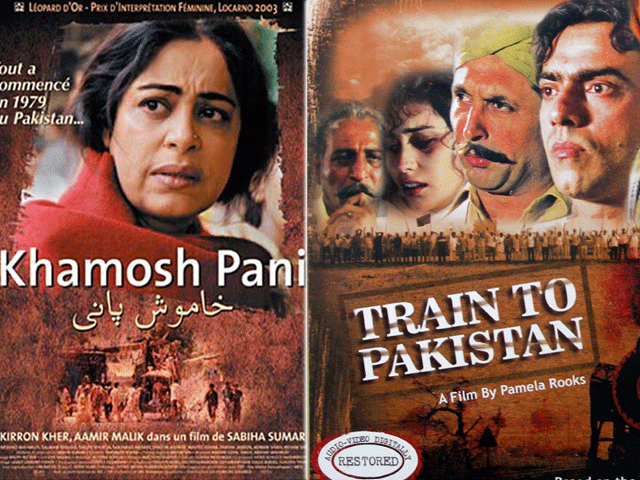5 Indo-Pak partition movies to watch this Independence Day
These films will make you realise the struggles endured to become independent

These films will make you realise the struggles endured to become independent.
PHOTO: TRIBUNECOLLAGE
Here are five movies you must watch:
1. Train to Pakistan
Based on Khushwant Singh’s novel, Train to Pakistan hits all the right notes regarding the journey of Hindus and Muslims at the time of Partition. Directed by Pamela Rooks, the Bollywood film was released in 1998.
 Train to Pakistan. POSTER
Train to Pakistan. POSTER2. Partition
Directed by Vic Sarin, the 2007 film Partition revolves around a man named Gian who finds himself responsible for the life of a young Muslim girl traumatised by the conflicts around.
 Partition. POSTER
Partition. POSTER3. Qissa: The Tale of a Lonely Ghost
The film Qissa begins with the bloody events of partition when a family has to shift, and the concept of female foeticide is considered as one of the key problems. Released in 2013, this film is bound to give you chills.
 Qissa: The Tale of a Lonely Ghost. POSTER
Qissa: The Tale of a Lonely Ghost. POSTER4. Earth
Directed by Deep Mehta, Earth is a powerful film about Partition. Earth orbits around a young girl who is caught between the love of two men and the rising tide of political and religious violence.
 Earth. POSTER
Earth. POSTER5. Garam Hawa
Written by Ismat Chughtai, Garam Hawa is a 1973 film. It circles around Sathyu and his wife Zaidi, and the struggles of their relatives during Partition.
 Garam Hawa. POSTER
Garam Hawa. POSTERThese films will make you realise how difficult it was to become an independent nation.
Have something to add to this story? Share it in the comments.



















COMMENTS
Comments are moderated and generally will be posted if they are on-topic and not abusive.
For more information, please see our Comments FAQ